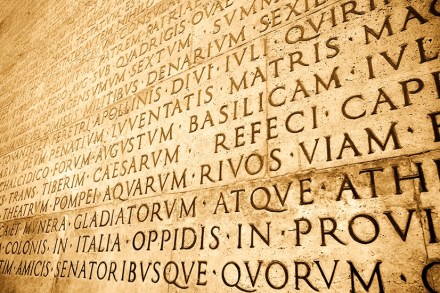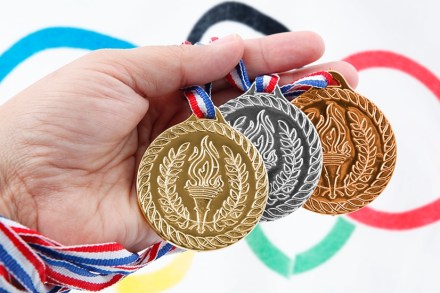The ancients knew politicians were powerless
Why are cabinet ministers Liz Truss and Dominic Raab squabbling like children over access to grace-and-favour Chevening? Because they know they are, ultimately, powerless. The Greek statesman Solon (c. 590 bc) made the point long ago: ‘Those who have influence with monarchs are like pebbles used in calculations: for [depending on their place on the




















